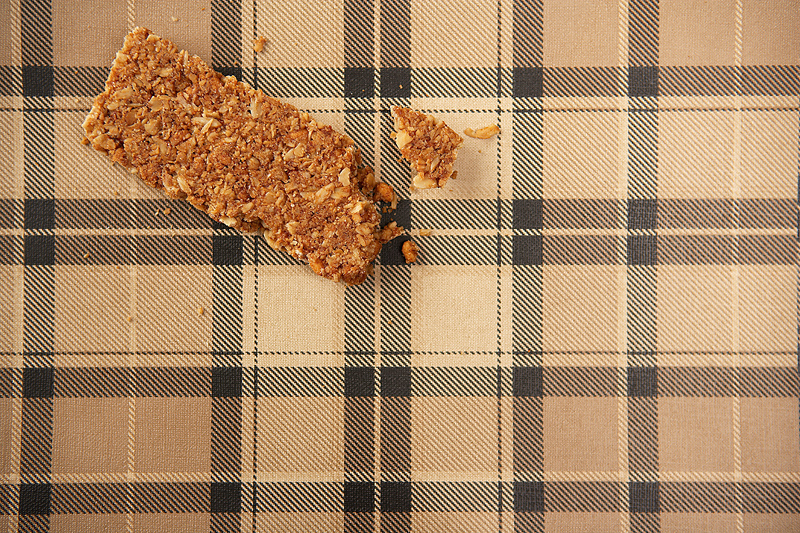
WEDNESDAY, Nov. 17 (HealthDay News) — The U.S. Food and Drug Administration on Wednesday told makers of caffeinated alcoholic beverages that the caffeine in their products has been deemed an “unsafe food additive,” and the drinks can no longer be sold in their current form.
In warning letters to the companies, the agency said the four firms risked further action, including seizure of their products.
“FDA does not find support for the claim that the addition of caffeine to these alcoholic beverages is ‘generally recognized as safe,’ which is the legal standard,” said Dr. Joshua M. Sharfstein, the agency’s principal deputy commissioner. “To the contrary, there is evidence that the combinations of caffeine and alcohol in these products pose a public health concern.”
“I wouldn’t characterize this as an outright ban,” Sharfstein added at a news conference. “These are warning letters that these products are adulterated, and do not meet our standards for safety.”
The drinks — marketed under such names as Four Loko, Joose, Lemon Lime Core Spiked, and Moonshot — have become popular with young adults, and have left dozens of people sick or hospitalized. Several states have banned the drinks, which can have alcohol levels as high as 12 percent, according to federal officials.
FDA officials said the caffeine in the drinks can make it hard for consumers to gauge their level of intoxication. And peer-reviewed studies have suggested that consumption of the beverages can lead to “risky behaviors” and “life-threatening situations,” the agency said.
The announcement comes amid a growing backlash against the so-called energy drinks — sometimes called “blackout in a can” — that blend caffeine and alcohol. Such beverages are becoming increasingly popular with college students and even children. The drinks are regularly consumed by 31 percent of 12- to 17-year-olds and 34 percent of 18- to 24-year-olds, the U.S. Centers for Disease Control and Prevention estimates.
In a news release Thursday, the FDA said the products cited in the warning letters are “being marketed in violation of the Federal Food, Drug, and Cosmetic Act (the FFDCA). Each warning letter requests that the recipient inform the FDA in writing within 15 days of the specific steps that will be taken to remedy the violation and prevent its recurrence. If a company does not believe its products are in violation of the FFDCA, it may present its reasoning and any supporting information as well.”
If the FDA believes violations persist, it said it could take additional steps including “seizure of the products or an injunction to prevent the firm from continuing to produce the product until the violation has been corrected.”
The warning letters stemmed from an FDA safety review of the drinks that was launched in the fall of 2009 in response to concerns of several states attorneys general.
The FDA said the companies that received the warning letters and their products are:
- Charge Beverages Corp.: Core High Gravity HG, Core High Gravity HG Orange, and Lemon Lime Core Spiked.
- New Century Brewing Co., LLC: Moonshot.
- Phusion Projects, LLC (doing business as Drink Four Brewing Co.): Four Loko.
- United Brands Company Inc.: Joose and Max.
Meanwhile, the maker of Four Loko said Tuesday that it would remove caffeine and other stimulants from its four different flavors of alcoholic drinks. Four Loko has up to 12 percent alcohol in a 23.5-ounce can, according to published reports.
Four Loko’s manufacturer, Chicago-based Phusion Projects, insists that the drinks are safe. But, in a statement posted on the company’s Web site, it said it was removing the caffeine “after trying unsuccessfully to navigate a difficult and politically charged regulatory environment at both the state and federal levels.”
The company said it doesn’t agree that mixing caffeine and alcohol is inherently unsafe. “We have repeatedly contended — and still believe, as do many people throughout the country — that the combination of alcohol and caffeine is safe. If it were unsafe, popular drinks like rum and colas or Irish coffees that have been consumed safely and responsibly for years would face the same scrutiny that our products have recently faced,” the Web site statement read.
According to the CDC, caffeinated alcoholic beverages can have alcohol levels that range from 5 percent to 12 percent, compared to 4 percent to 5 percent for beer.
People who consume alcohol mixed with energy drinks are three times more likely to binge drink than drinkers who do not mix alcohol with energy drinks. And drinkers who consume alcohol-laced energy drinks are about twice as likely as drinkers who do not report mixing alcohol with energy drinks to report being taken advantage of sexually, to report taking advantage of someone else sexually, and to report riding with a driver who was under the influence of alcohol, according to the CDC.
Sharfstein was joined at the news conference by U.S. Food and Drug Administration Commissioner Dr. Margaret Hamburg, as well as representatives from the Alcohol and Tobacco Tax and Trade Bureau, the Bureau of Consumer Protection, the U.S. Centers for Disease Control and Prevention, and state attorney generals from Washington and Iowa.
More information
To learn more about caffeinated alcoholic beverages, visit the U.S. Centers for Disease Control and Prevention.

